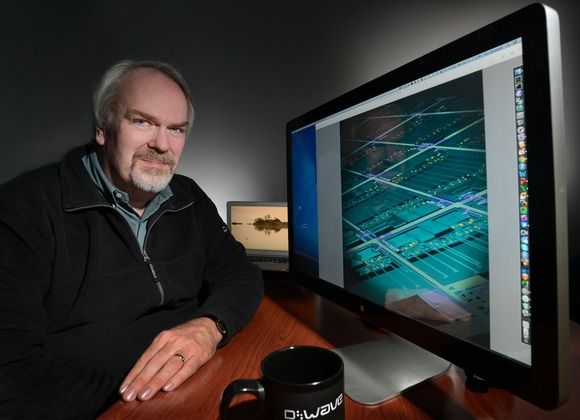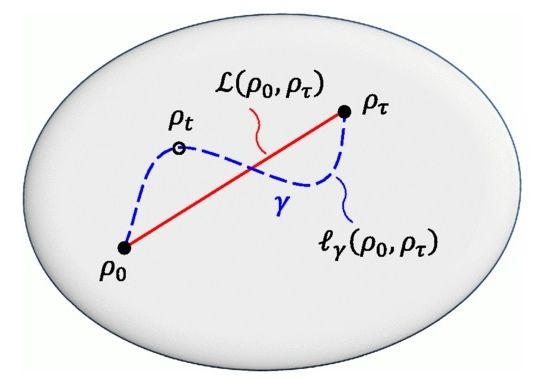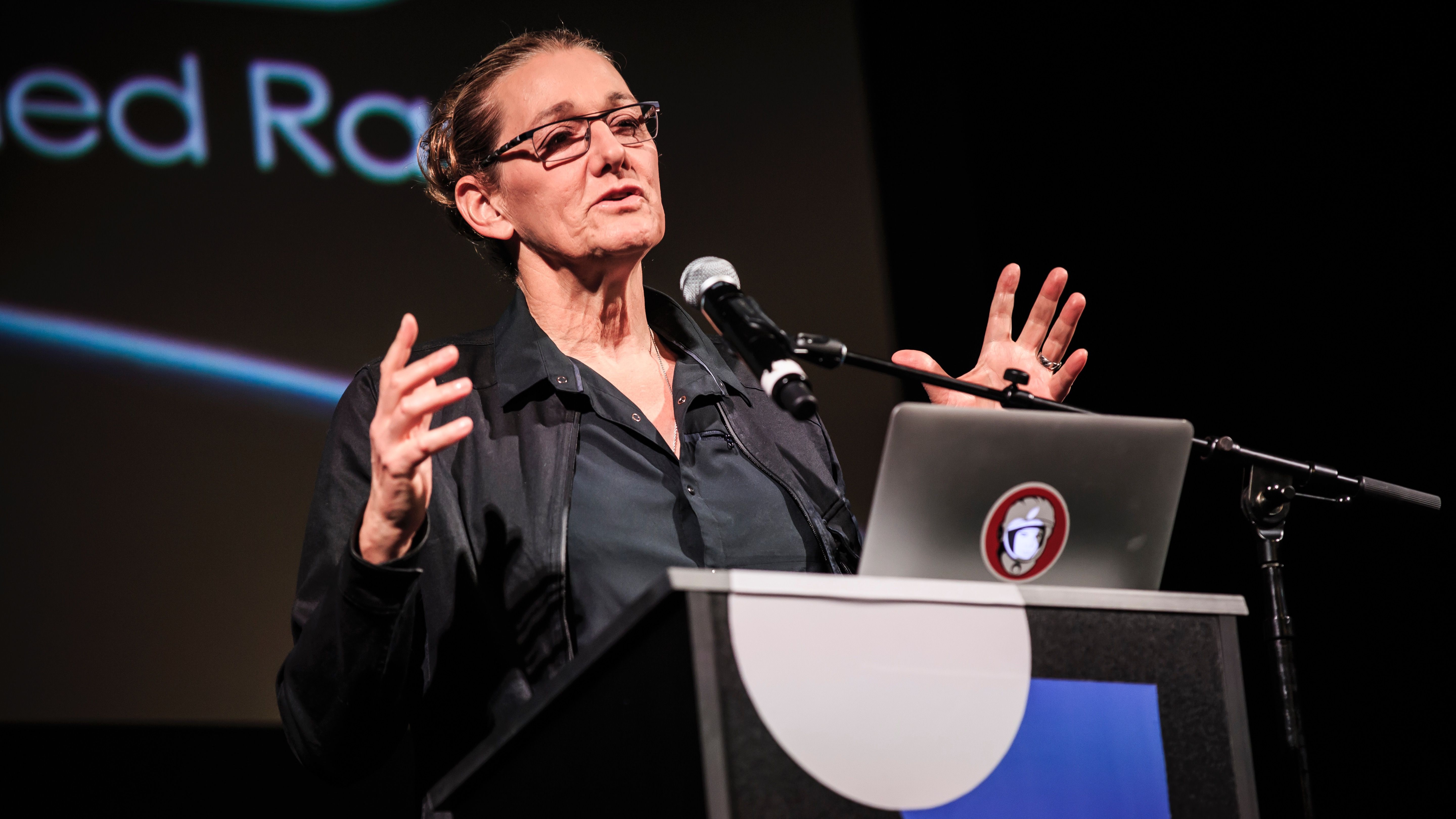Jun 3, 2016
Mutated Gene Influencing Metastatic Colorectal Cancer Survival Rate, According to PiscoMed’s Journal AMOR
Posted by Karen Hurst in category: biotech/medical
Singapore, Singapore, June 03, 2016 –(PR.com)– Qatari scientists have recently discovered that an unmutated specific gene marker tends to indicate better prognosis for patients of metastatic colorectal cancer undergoing certain regiment of targeted therapies.
In a first published report of its kind on the subject, the study found that metastatic colorectal cancer patients with wild-type Kirsten Ras (KRAS) gene will likely have better survival rate upon receiving anti-epithelial growth factor receptors (EGFR) targeted therapy.
Meanwhile, the mutated-type KRAS metastatic colorectal cancer patients receiving anti-vascular endothelial growth factor (VEGF) therapy tend to have poorer survival outcomes, according to authors Kakil Ibrahim Rasul, Hind Elmalik, Mini Satheesh and Prem Chandra from National Center for Cancer Care and Research (NCCCR) in Doha, Qatar.

















